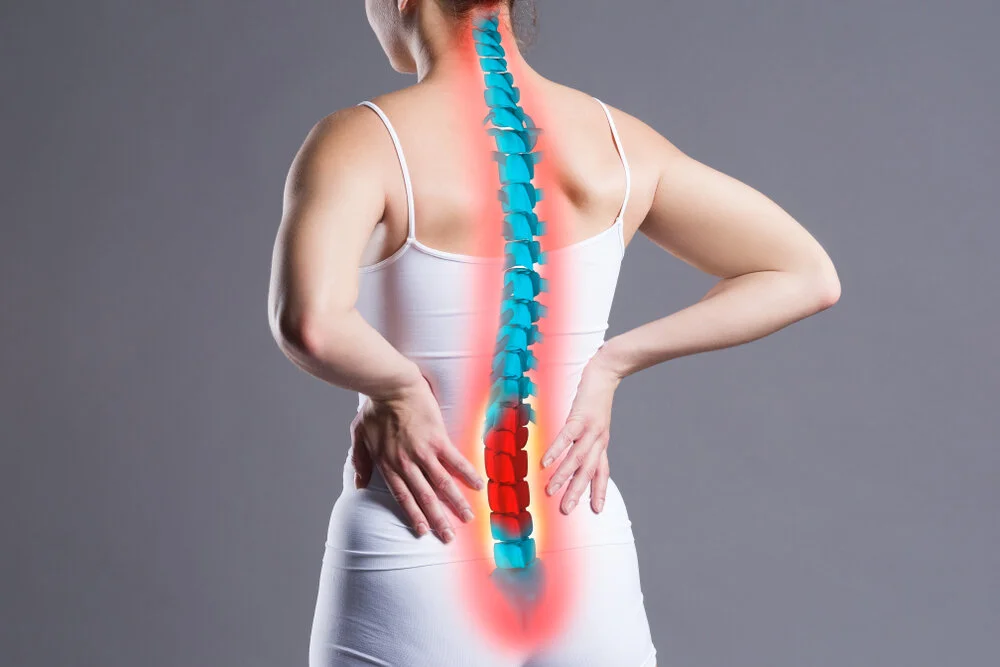Symptoms of Lumbar Herniated Disc
The term sciatica refers to a number of signs, like pain, knee-jerk or weakness, which radiates along the sciatic nerve — which usually runs from the lower back to your feet. You must know the common symptoms before visiting a specialist for herniated disc treatment.
The medical term sciatica is lumbar radiculopathy — conditions in which the roots of the vertebral nerve in the lower back become irritated or compressed.
You may be surprised to learn that the lumbar herniated disc is one of the most common causes of sciatica. Read more about the pain in your leg or in the foot with the lumbar herniated disc.
Herniated Disc can Irritate Nerve Roots
Your lower back (lumbar spine) weighs heavily and is constantly in motion, which makes your spinal discs susceptible to damage and suffering. Injuries can cause your disc to move from its normal position and push the inner soft core (Nucleus pulposus) against the fibrous outer layers (Nulus fibrosus). The soft material can also be drained by tearing the fibrous rings.
Lumbar Herniated Disc Symptoms
A herniated disc usually presses a nearby nerve against the inflammation, causing pain that radiates along the nerve's length. A herniated lumber disc is the most common reason for sciatica, leg pain down the back of the leg through the sciatic nerve.
Leg Pain - Pain in the leg is usually worse than that in the back. When the pain radiates in the back of the leg along the path of the large sciatic nerve, this is called sciatica or radiculopathy.
Nerve Pain - The symptoms most commonly reported are nerve pain in the leg, described as searing, electric, and sharp, radiation, and perforation.
Symptoms on Different Location - In the low back, buttock, and front or back of the thigh, calf, foot, and/or toes, symptoms can be present and typically affect one side of your body, depending on the variables such as herniated disc and degrees of herniation.
Neurological Symptoms - Numbness, a sensation of pin and needle, weakness and/or tingling on the leg, foot and/or toes can be experienced.
Foot Drop - Herniation can cause problems with the lifting of your foot when you walk or stand on your football. Foot drop conditions are called neurological symptoms.
Pain on the Bottom Back - There may, but not always, be lower back pain. The low back pain could be described as throbbing and stiff. If the disc causes muscle spasm in lower back the pain may be somewhat alleviated, using ice or heat, sitting in a supported leaning device or lying on the back with a pillow under the knees by one or two days of relatively little rest.
Pain that Worsens with Movement - Pain may be prolonged by sitting up or down or even a short distance of walking. The pain can also increase with laughter, sneezing or other sudden actions.
Pain Is Exacerbated by the Hunching - Many find that positions like slouching or hunching in a chair or bending in a waist significantly exacerbate the pain of the leg.
Contact Oklahoma Pain Treatment for herniated disc treatment if you desperately want to get rid of it.
**Disclaimer: This blog post does not establish terms of a doctor-patient relationship and is not intended to be taken as a doctor's advice.





